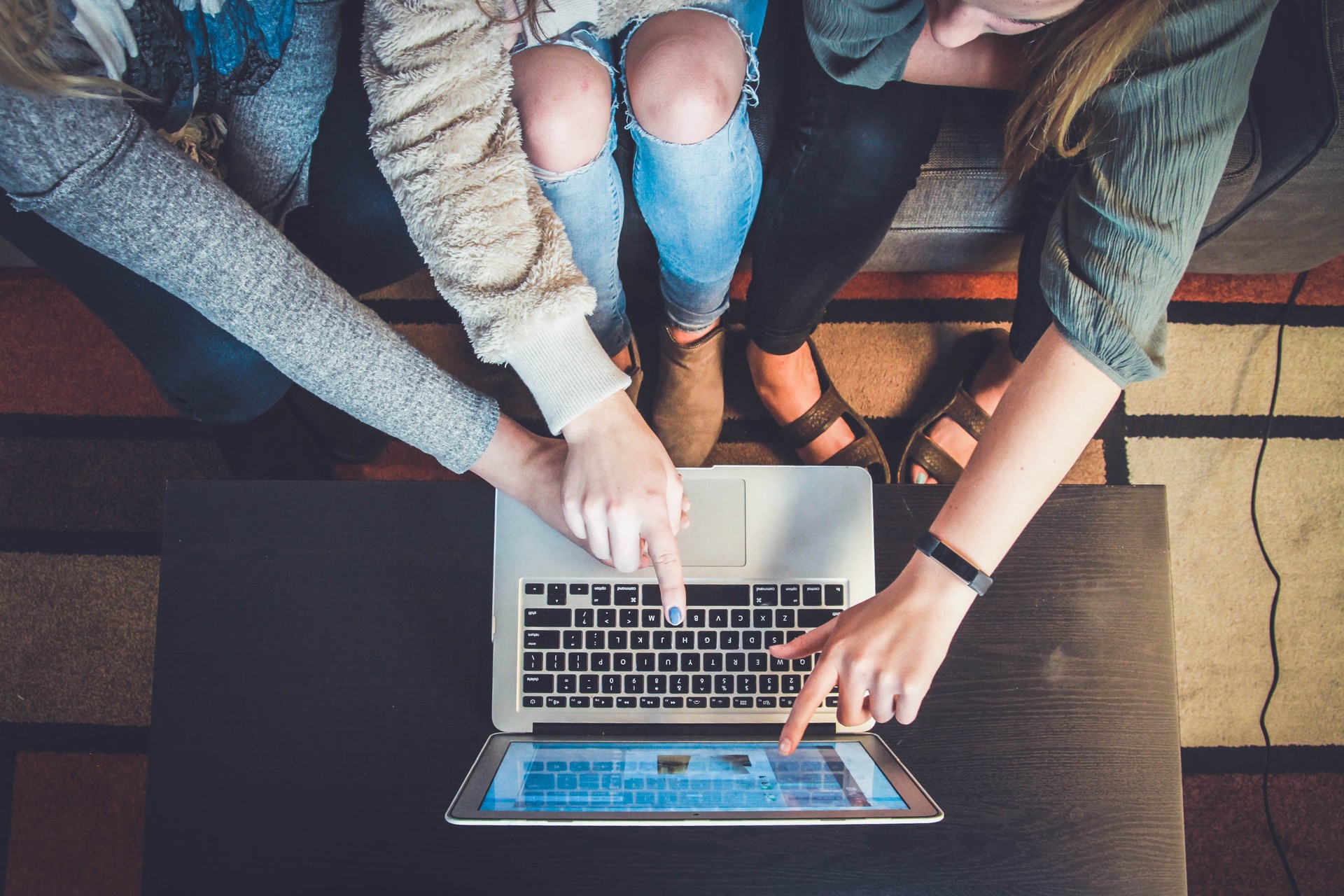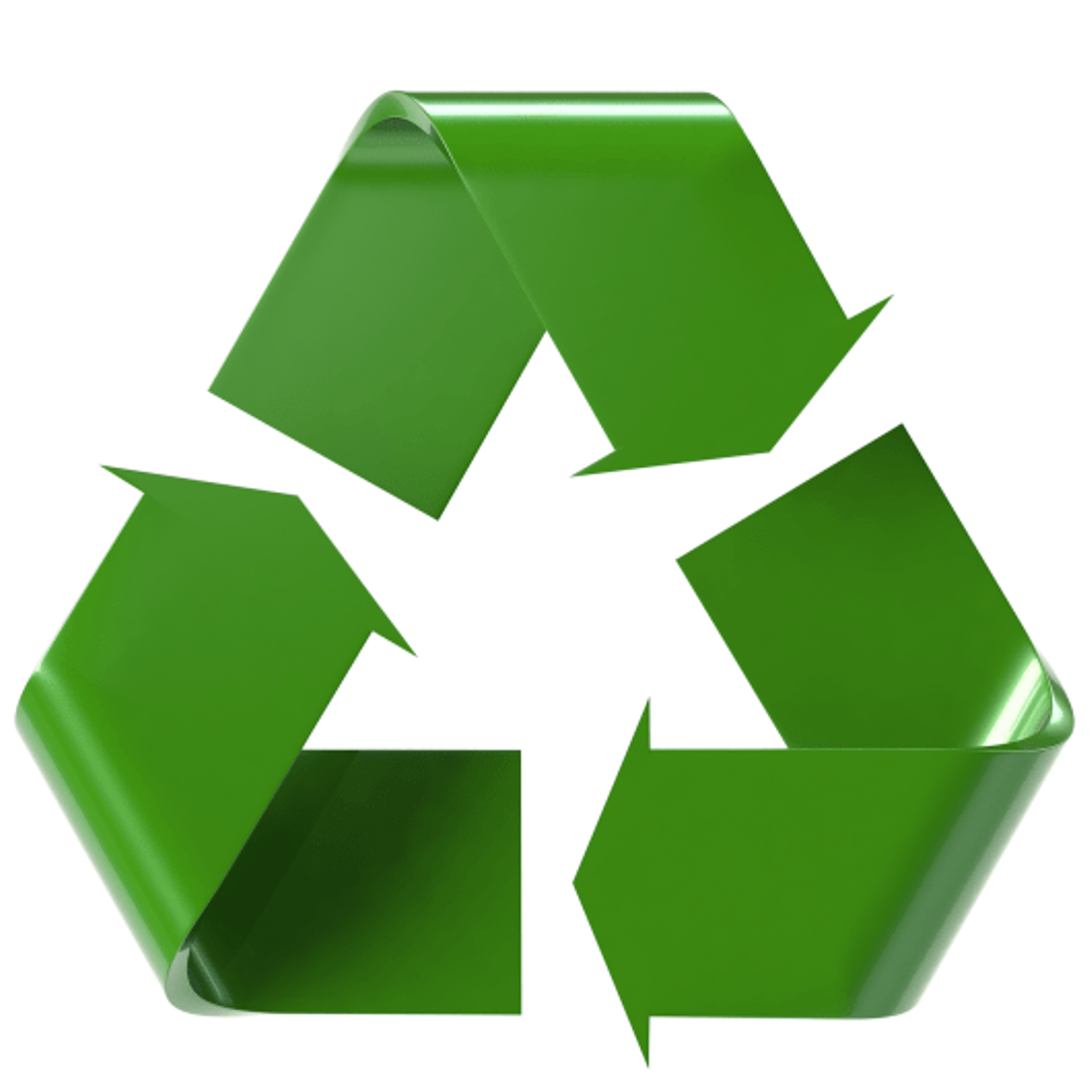Social Responsability
NIBBLE recognizes its responsibility to improve the social, economic and environmental development.
Therefore, NIBBLE wants to have a proactive position on society, voluntarily contributing to the social and environmental wellness and always preserving the integrity and ethics of its interpersonal relations.
Training in a business environment
NIBBLE supports the training of young students in a business environment, considering crucial the integration in real contexts with real challenges. Hence, NIBBLE is prepared to receive young students. They will be integrated in a functional department with internal coaching and supervision.
Normally, NIBBLE has many proposals to collaborate with projects and thesis of masters and graduate students from diverse areas, such as Electronic Engineering and Design.
NIBBLE also welcomes students from technical schools in areas such as Electronics, Computer Science and administration.
Opportunities to graduate students
NIBBLE has a corporate culture focused on giving opportunities to newly-graduate students, in order to promote young teams with growth potential, in different areas and departments.
Participation in the National Network of Mentors - supporting youth entrepreneurship.
The National Network of Mentors (MRI) is an initiative of the Strategic + E + I, managed by IAPMEI, which seeks to stimulate the connection between experienced professionals with recognized merit and entrepreneurs who are developing their business ideas and projects.
Sustainability
Every product and solutions is designed to present high energetic performance and be technologically sustainable:
- Research and Development focuses on technical and technological solutions increasingly more efficient.
- Selection of materials that respect the environmental directives, in particularly RoHS which restrict certain dangerous substances.
- Efficient planning and manufacturing processes management.
- NIBBLE only works with companies that demonstrably respect the environmental regulations and sustainability.
Energy Management
Aware of the contribution that we all must make to "save" the resources of our planet. NIBBLE applies a set of procedures that help improve energy performance on a day-to-day basis.
- Turn off printers, scanners, coffee machines and computer screens overnight.
- Use of natural light for the office's interior illumination.
- Use of equipments with high energetic performances.
- LED lighting.
- Electricity regulator.
Waste Management
Waste Management is a part of our daily routine, both at work and at home. Thus, we promote and implement:
RECYCLING
- Daily practice of sending for recycling the most commonly used materials such as paper, cardboard and plastic.
- Battery bank for used batteries.
- Colletction and recycling of coffee capsules.
REUSE
- Reuse of cardboard boxes which we receive along with goods from suppliers.
- Reuse of boxes fillers such as polystyrene, air bags and cardboard.
REDUCTION
- Paper prints are only used if absolutely necessary, otherwise we opt for digital format.
- We always opt for electronic invoicing, when available.




